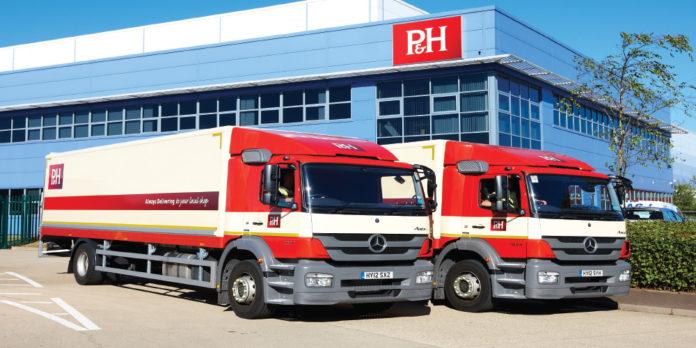Priyanka Jethwa looks at what happens next in wholesale after the collapse of Palmer & Harvey
A catastrophic turn of events has left in its wake the collapse of the UK’s second-biggest wholesaler and fifth-biggest private business, Palmer & Harvey (P&H).
While the wholesaler’s troubles have been documented for a considerable period of time, it was still stunning – not least to the 2,500 members of staff immediately let go – when the news broke, especially as it came hot on the heels of the Booker/Tesco merger getting the provisional go-ahead.
What does this latest bombshell mean for the rest of the sector, then?
Dee Thaya, a director at wholesaler Abra Wholesale, says that the news acts as a wake-up call for the channel. He notes that ensuring retailers have a reliable wholesaler to depend on for stock, especially in the run up to the holidays, is critical. This means wholesalers need to make sure they are prepared for shifting demands: “A few hours after news hit of the collapse, we emailed current and potential customers about our deals,” Thaya says. “In response, we had around five new customers – all P&H retailers – enquiring about prices and delivery dates.”
Thaya says this is why his business is putting increasing pressure on its buying group, Landmark Wholesale, to consider merging with other buying groups in order to get better deals and increased availability of products.
Telly Sarai, general manager at wholesaler SK Food and Drinks, says that SK also had several calls from P&H retailers shortly after its collapse. He believes unaffiliated, independent retailers have the chance to capitalise on the situation, and states his belief that wholesalers must up their game and provide the stock that others may lack.
On this point, Pradip Dhamecha, chief executive at wholesale giant Dhamecha, argues that with the number of firms still operating in wholesale, stock levels may see a blip, but this will be nothing to fret over long-term. He notes: “The news is a reminder that the channel works on very slim margins. There is now also a challenge for tobacco companies to find distribution as for some of the bigger players, P&H was its primary route to market.”
Elsewhere, Simon Hannah, managing director at wholesaler JW Filshill, highlights that this is no time for celebration, and like Thaya, also refers to the news as a wake-up call for all stakeholders to think about what they can do collectively to ensure there are long-term, sustainable relationships in place.
Hannah notes: “There needs to be some deep thinking about the route to market, and how we can strengthen it. If you assume most businesses are scaling up to supply more customers, it will naturally put more pressure on us wholesalers, and therefore, we need more support from suppliers.”
P&H’s failure means that there are now a number of wholesale-experienced workers looking for new opportunities. Less than 24 hours after the news broke, myriad wholesalers used social media to urge ex-P&H staff to get in touch. Hannah adds: “If wholesalers out there can offer employment to these highly skilled individuals, then it is their responsibility to stop esteemed talent from disappearing – and that is the biggest thing at present to engage with.”









[…] News analysis: P&H: A wake-up call http://www.betterwholesaling.com/ph-wake-call/ […]